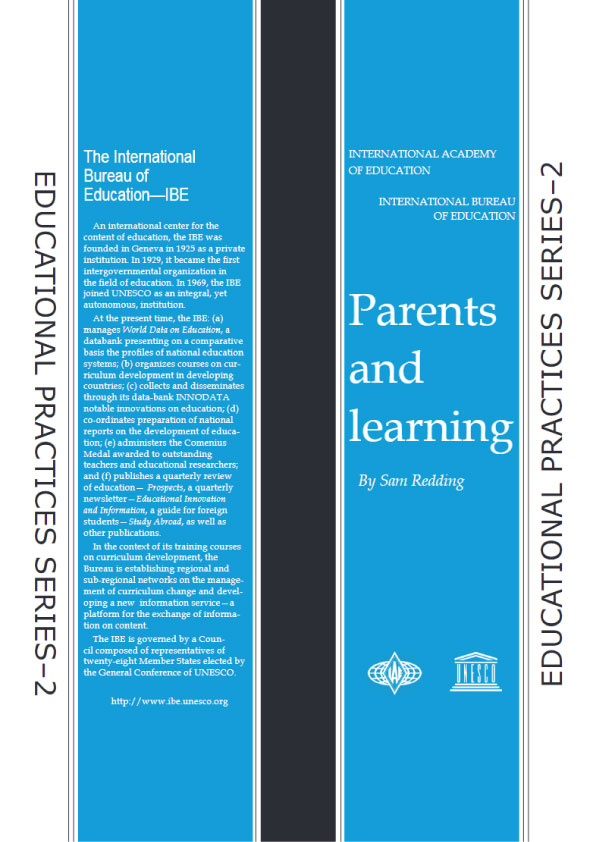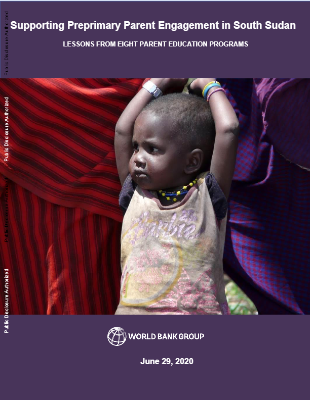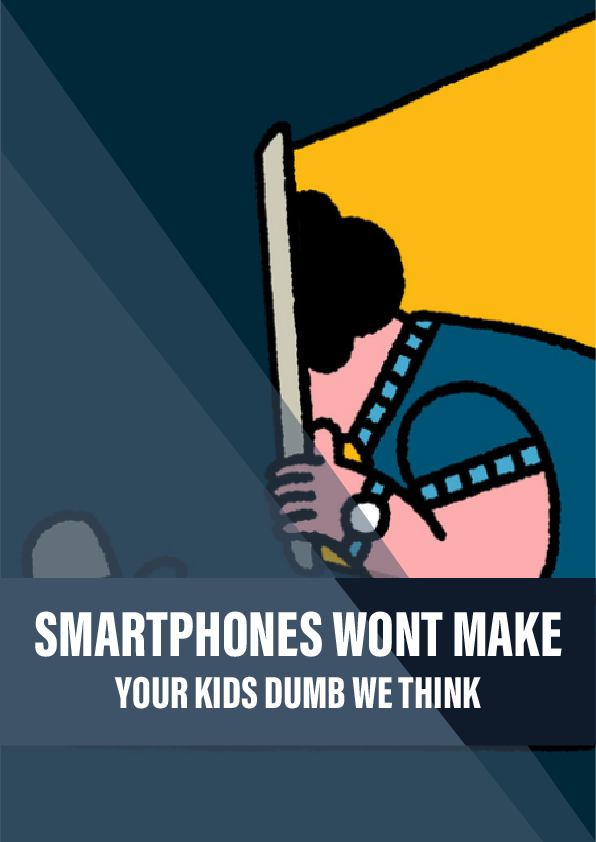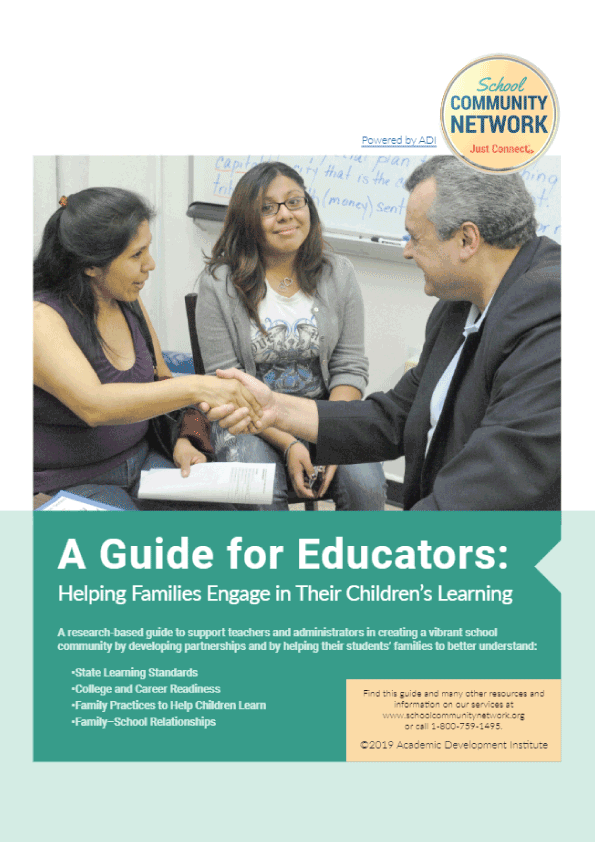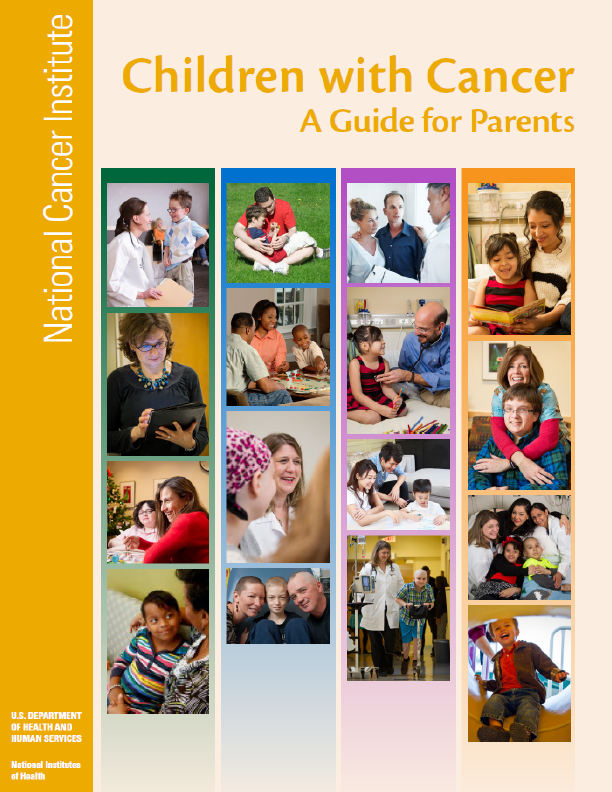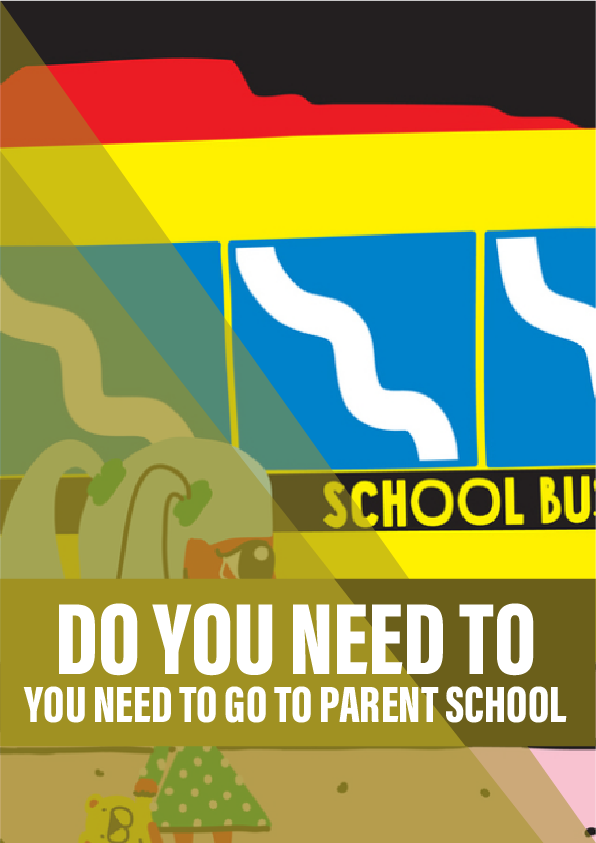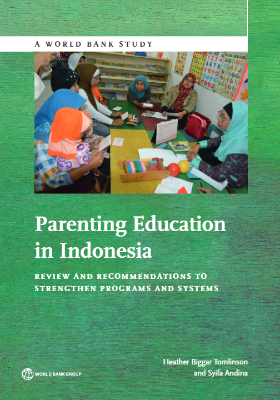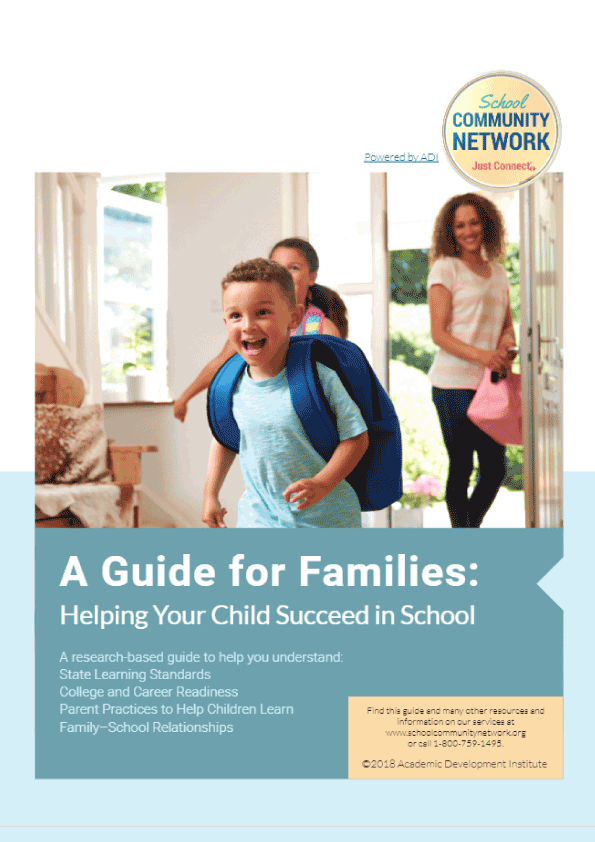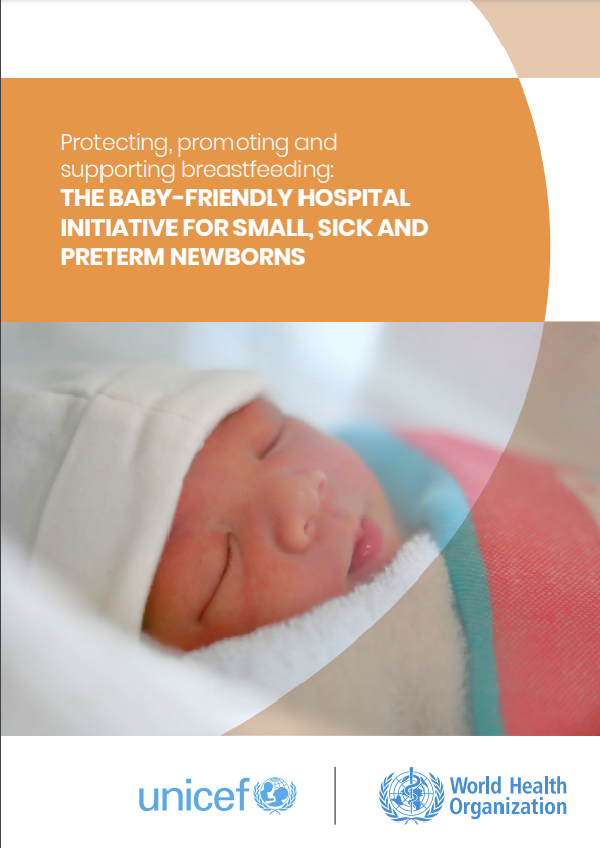This booklet concerns what parents can do to help their children do well in school. It has been prepared for inclusion in the Educational Practices Series developed
by the International Academy of Education and distributed by the International Bureau of Education and the Academy. One mission of the International Academy
of Education is to foster scholarly excellence in all fields of education. As part of this mission, the Academy provides timely syntheses of research on educational
topics of international importance. This booklet focuses on parents—the child’s first and most powerful teachers. The author is Sam Redding, who is the executive director of the Academic Development Institute and executive editor of the School Community Journal. Dr. Redding is also a senior research associate of the Laboratory for Student Success at Temple University, Philadelphia. His writing includes research on families, schools, and communities, as well as practical curricula for parent education programs and leadership manuals for site-based teams. He received the Ben Hubbard Leadership Award for service to public education from Illinois State University, where he received his doctorate. The academy is grateful to Dr. Redding for planning, drafting and revising this booklet. Dr. Redding wishes to thank Erik De Corte, Young-Joo Kim, and Herbert Walberg for their comments on previous drafts of the booklet.
The officers of the International Academy of Education are aware that this booklet is based on research carried out primarily in economically advanced countries. The booklet, however, focuses on aspects of learning that appear to be universal in much formal schooling and thus seem likely to be generally applicable throughout the world. Even so, the principles need to be assessed with reference to local conditions, and adapted accordingly. In any educational setting, guidelines for practice require sensitive and sensible application and continuing evaluation of their effectiveness.
Introduction
Everywhere there is pressure for children to learn more in school. The new economy demands that young people leave school with strong abilities to read, write,
calculate and apply disciplined thought to the solution of problems. Citizenship in every society requires an understanding of the history, government, and tradition of not only that society but of many others as well. More and more the pursuit of individual happiness must begin with an educated view of a complex and rapidly changing world.
As schools have been pressed to be more effective and more productive, out-of-school influences on academic learning have escalated in importance. Even where the school day and school year have been lengthened, the amount of time children spend in school during the first eighteen years of their lives is small (perhaps 13% of waking hours) compared to time spent with the family and the broader community.
Fortunately, research on the family’s influence on school learning has a substantial history, and we can settle upon basic premises with great confidence. With
reasonable certainty we can state that poverty may statistically predict lower school performance, yet families that provide a stimulating, language-rich, supportive environment defy the odds of socioeconomic circumstance. In other words, an alterable ‘curriculum of the home’—including the family’s relationships, practices and patterns of life—is a more powerful predictor of academic learning than the family’s status. Schools can work with families to improve the curriculum of the home, regardless of the family’s economic situation. This, then, is a message of great hope.
Research on the relationships among families who constitute a school community leans heavily on a long body of sociological literature on communities of all
types. Recently, however, primarily within the past decade, a strand of this sociological research has focused on schools as communities, and we are arriving at a set of understandings that may soon achieve the status of theory.
As for what schools can do to affect family behaviors in ways that benefit children’s learning, the research trail is shorter and less conclusive. There remains a great amount of experimentation, casting about to see what works. Some initiatives have, in fact, worked, and we may report them, draw lessons from them, and generalize from them.
While the home’s influence on academic learning is significant, the quality and quantity of instruction and the child’s own cognitive abilities are of equal or greater
significance. There is a danger, then, in placing too much emphasis (or blame) on the family’s contribution to the learning equation while forgiving weaknesses in the school. By the same token, ignoring the gains to be made by helping families improve the alterable curriculum of the home limits the potential effectiveness of the school.
